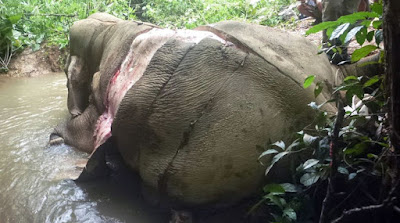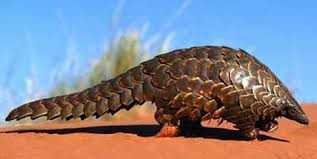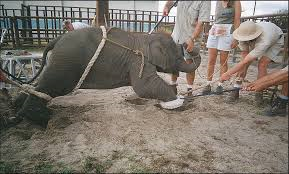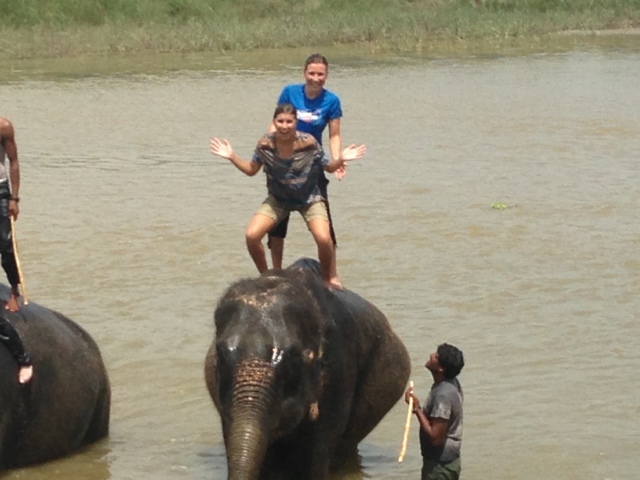Asian elephants being skinned to extinction

One of the elephants found in Myanmar with its skin removed. Sick new poaching trend As if elephants didn’t have enough to deal with due to the ivory trade, now they are being persecuted for their skin. The UK’s Environment Secretary, Michael Gove, recently announced plans to ban the sale of all ivory products. But this doesn’t affect the current poaching methods or save the 20 elephants recently killed. Why? Because in a sick new trend that has been circulating for the last 3 years or so, elephants are now being hunted in Asia only for their thick hides. The 20 were killed by poisonous darts – some of them mothers and calves. The skin was half-peeled off whilst their bodies were still warm, and their remains left in the forest to rot. Traditional beliefs across Asia have exacerbated this trend of using elephant skin to make bracelets, further decimating their declining numbers. This horrifying poaching epidemic stems from this lucrative business opportunity with claims



